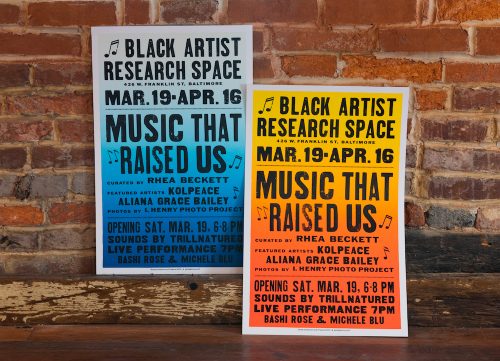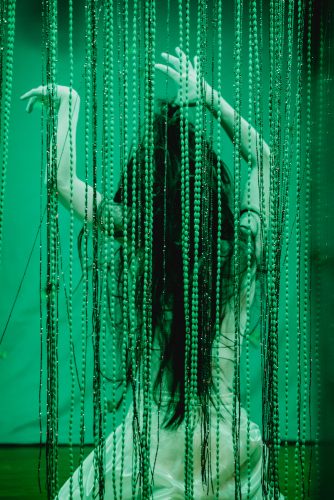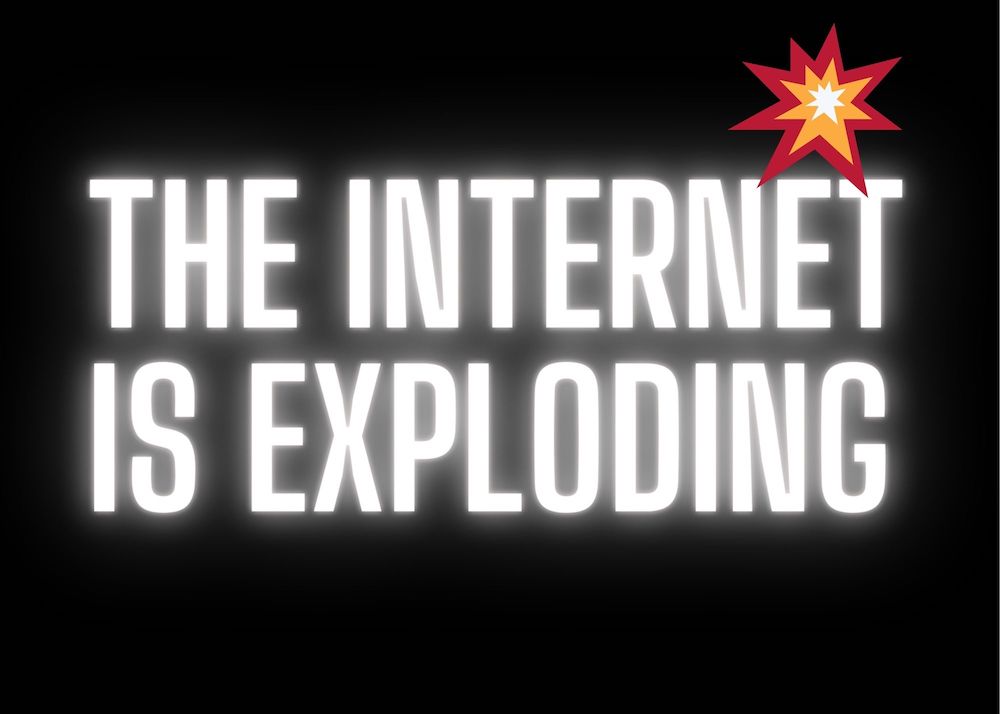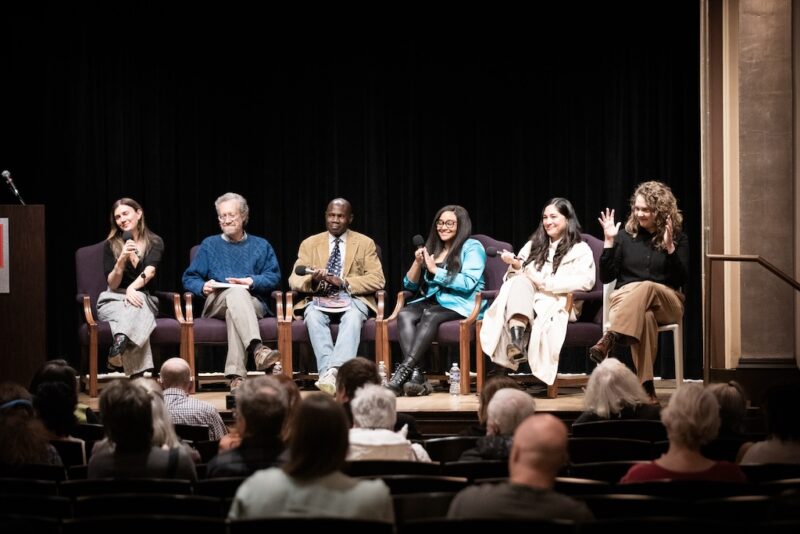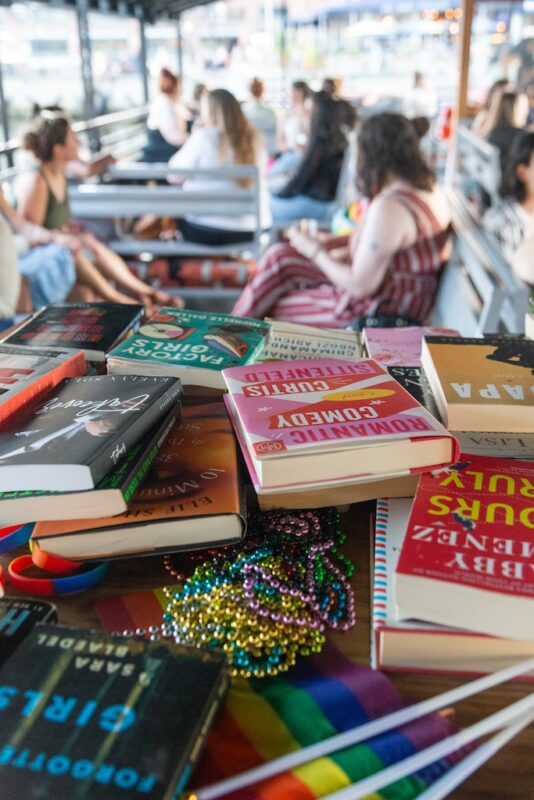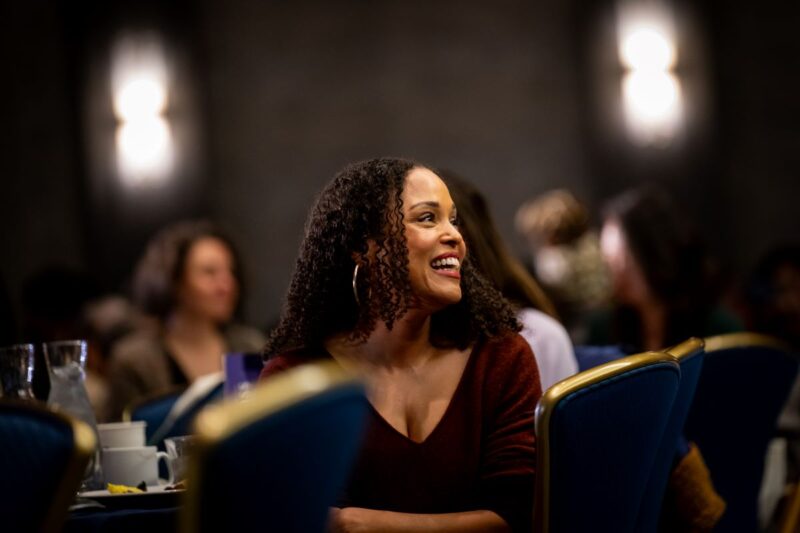Overall, I did not vibe with the internet this week. Highlights: Medical fatphobia, learning from Joni Mitchell, Heart and Hood and Kendrick Lamar, Eurovision, alleyways, Buffalo, Bitch Magazine, The Believer, Ellen DeGeneres, and monkeypox.
1. Pipe Wrench: No Health, No Care
Medical fatphobia is endemic to medicine. Marquisele Mercedes defines it as “the specific ways that hatred and denigration of fatness manifest within medicine and the fields that medicine influences, like public health.” This framing “isn’t the result of providers not knowing some special cheat codes for working with fat patients. Providers didn’t all miss the day in medical school where students were taught how not to be cruel to fat people. Fatphobia is medicine’s status quo.”
Mercedes writes of her experiences of medical fatphobia, its history, and “that fatphobia is a scientific invention. Fatphobia did not penetrate science; it is derived from science. Everything you know about ‘obesity,’ about fatness, about fatphobia, about fat people has been — and is still — wrong.”
2. Granta: A Bleed of Blue
Amy Key listened to Joni Mitchell’s Blue for the first time in 1992 when she was fourteen. Key had yet to experience many things at that time: it was before she started menstruating, “before I’d even fallen in love; and many years before I had travelled outside of England for the first time.” But “that night Blue ignited my project of romantic love, my idea of how I would press my heart against the world. The album laid it all out for me – I’d fall in love, it would be sweet and cosy, I’d be sad, I’d sometimes need to run away. I’d hurt someone. They would hurt me. The music’s harmonic cascades, in all their sprawling highs and lows mapped the course. Above all, I’d be prepared to bleed.”
Now, reflecting on her life with the album, Key writes that “I had always thought that in Blue Joni had taught me about love, about being in love and losing it. Now I think it’s more that Joni taught me about longing. About the gap between what you want and what you have, and what you have and what you had wanted.”
3. London Review of Books: Heart and Hood
Last week, Kendrick Lamar’s fifth studio album, Mr. Morale & the Big Steppers, was released—his first album since 2017. Throughout his oeuvre, writes Niela Orr, in “song after song, Lamar delves into the emotional implications of the internal colony theory that’s made its way into Black American studies and culture over the years, and interrogates his relationship to Compton, his hometown, casting himself as a one-time resident, ambassador and possible mark, a target for interlopers and thieves… He speaks from his heart, and his hood, and sometimes it seems as if the two places are interchangeable.”
A single from the album, “The Heart Part 5” samples Marvin Gaye’s ‘I Want You,’ his “torch song for Janis Hunter.” In the lauded video for “The Heart Part 5,” “Lamar wears a white shirt and black bandana and performs against a blood-red background. At the beginning of the first verse, his face looks tortured. Then he starts rapping, eloquently, about how people become accustomed to dysfunction: ‘Desensitised, I vandalised pain/Covered up and camouflaged/Get used to hearing arsenal rain.’ He talks of addiction and ambivalence, and a gradual descent into oblivion.” As the video progresses, Lamar’s face morphs into famous Black men—O.J. Simpson, Kanye West, Jussie Smollett, Will Smith, Kobe Bryant and Nipsey Hussle—“most of whom have (or had) complicated relationships with the American public.”
Orr questions “If the ghetto, or the hood, is an internal colony, is there space for fairness? The hood often eats its young. It fosters a lot of love and joy amid the poverty and neglect, but it’s also a site of paranoia, much of it justified.” It is not uncommon for people “born and raised in the hood want to be respected and venerated by the place they originated from, and there’s no way around it. The same can be true of people who have complicated relationships with their families. Months before his father killed him, Marvin Gaye moved in with his parents, into a home he bought for them. The heart wants what it wants.”
4. Penny Red: All the Best Things About Europe with None of the Genocide
I don’t watch Eurovision and my entire understanding of the competition comes from Twitter. The multinational “song contest is epic chaos and probably also the only honest democracy that’s ever existed,” Laurie Penny writes, and it begs the question “What if, instead of killing each other, we all just got hammered and did karaoke?”
Featuring more than forty countries from across Europe, as well as Russia, Israel, and Australia, contestants “serve up musical interpretations of a theme that sounds like knockoff body spray – this year it’s The Sound of Beauty. Almost anything goes except subtext. The winner is decided by a global tv audience of millions, plus judges from all the competing nations.” If we understand countries as “imaginary communities,” as political scientist Benedict Anderson did, then “Eurovision wants us to exercise that imagination, which is why it so often produces an unholy high camp fusion of folk horror, panto and porn.”
To understand Eurovision is to understand “that it doesn’t matter who wins Eurovision. The winner, after all, has to host next year’s competition, which is very expensive and a massive faff. This, too, is honest democracy: everybody wants to win, but nobody wants to be in charge.”
The competition is political as “it could hardly be anything else, on a continent that has been going to war with itself for the entire span of recorded history… Non-Europeans, along with most Europeans under thirty-five, still underestimate the staggering amount of military atrocity our ancestors managed to pack into a small landmass… Eurovision was invented by people who were, more than anything else, extremely bored of war.” State leaders being bored “doesn’t mean they’re bored of petty point-scoring,” and countries will routinely vote each other out.
As an American, I found this essay an extremely insightful and hilarious explanation of the competition, and I hope there will “come a day when Americans are collectively capable of understanding Eurovision,” when we can “appreciate the art of sucking at something on purpose. [But] Imperialism tends to cauterise the capacity to let other people laugh at you.”
5. Hazlitt: The Magic of Alleyways
When Will Di Novi first moved to a Toronto apartment with an alley view he didn’t think much of it. After someone was stabbed in the alleyway, however, he began reconsidering his perspective and the stories he’d been told by Hollywood. After taking notice of his alley, he came to see it as “a vibrant public commons, a backstage in what urbanists call the ‘theatre of city life.’ It had moments of quiet drama and goofy comedic scenes. It had celebrations, demonstrations and a public health disaster—all the budding subplots of a new urban story, unfolding in other cities, and in other alleys, all across the Earth.”
6. The New Yorker: American Racism and the Buffalo Shooting
To be honest, I have not had the capacity to follow the shooting in Buffalo or any of the other shootings this week. “Once startling and noteworthy, mass shootings have melded into the background of life in the U.S.,” writes Keeanga-Yamahtta Taylor. “Since January, there have been almost two hundred shootings involving at least four victims shot or killed, according to the Gun Violence Archive… The Buffalo massacre stands out not only because of the number of people killed but because of the political nature of the assault.”
Last Saturday, suspect Payton Gendron targeted Black and non-white people at a grocery store in Buffalo because, as his manifesto reads, “Blacks are the most privileged race in the US and many western countries. But yet they say they are the most oppressed. What other race is given trillions of dollars of White taxpayer money to succeed, but yet fails and asks for more? What other race actively destroys their communities like they do?”
Gendron’s social media and online presence showed him actively engaging with conservative hysteria and right-wing conspiracy theories that “[seek] to envelop American history in a shroud of innocence and ignorance—and thus refuses to acknowledge the roots of racial inequality, residential segregation, underemployment.” This creates “a convenient justification for never having to use the power of the state to address these issues. It also perpetuates the delusion that segregation is a choice and that Black neighborhoods suffer greater inequities because of something intrinsic to the people who live in these communities. This is not just wrong; it is dangerous. And, on an otherwise warm Saturday afternoon, a shooter stepped out of the darkness and showed us what happens when we continue to hide from our history.”
7. Longreads: Celebrating Bitch Magazine: A Reading List
I was first introduced to the feminist publication Bitch Magazine in undergrad by a professor. Since then, I’ve often perused magazine and its website, especially if I’m interested in an explicitly feminist perspective on something. It was announced in April that Bitch would be shutting down completely in June, and its voice is already missed.
Founded by Andi Zeisler, Benjamin Shaykin, and Lisa Jervis in 1996, Bitch helped writer A.H. Reaume develop their feminist politic, along with countless others. An influential space for feminist discourse, “Bitch gave voice to so many amazing writers — it’s their work I want to celebrate. In this reading list, I’ve compiled 10 recommended longreads that represent (some of) the best of Bitch Magazine over the years. And since the organization’s archives will remain online for the foreseeable future, you can dig into and (re)discover your own favorites from the publication, too.”
8. McSweeney’s: The Believer Is Coming Home
The Believer is returning to McSweeney’s! Founded in 2003 by Heidi Julavits, Ed Park, and Vendela Vida at McSweeney’s, the magazine was sold in 2017 “during a challenging time financially” to the University of Nevada, Las Vegas. UNLV ceased funding it last year, and sold it to a marketing company, Paradise Media, that “hoped to make money on the site by increasing traffic and attracting online ads,” according to the New York Times.
Facing backlash, the company’s CEO “made a generous and forward-thinking decision: to sell The Believer back to McSweeney’s at a drastically-reduced price, effectively donating a large portion of their original purchase to the cause of getting the magazine back into circulation,” according to McSweeney’s announcement. As of May 15, 2022, McSweeney’s once again owns all of the magazine’s assets and intellectual property, and plans to release the next issue in November 2022. This is very exciting news!
9. LA Times: Commentary: How Ellen DeGeneres won, and then lost, a generation of viewers
The Ellen DeGeneres Show is ending after nearly 20 years and it is past time. When Ellen DeGeneres and “her sitcom character had come out, in tandem, in what remains the single most well-known moment in the history of queer television” in 1997, it was revolutionary. This momentum continued with the premiere of her talk show in 2003, where “she would drop in every afternoon on our mothers and grandmothers — a lesbian in a sweater vest at the suburban coffee klatch table — and offer a daily reminder that queers were fundamentally ‘normal,’ no threat worth waging an election campaign over.”
However, as times have changed, DeGeneres has not changed with them. “Even before Buzzfeed’s July 2020 report on allegations of a toxic workplace culture on the show that belied its host’s ‘Be kind’ mantra, or a follow-up on sexual misconduct and harassment by executive producers,” DeGeneres and her show were losing popularity, appearing out of touch. The sunsetting of her show proves that “even the most apolitical ‘center’ cannot hold, that saying nothing is saying something whether you mean it to or not.”
10. The Atlantic: So, Have You Heard About Monkeypox?
In Europe and the US, a number of monkeypox cases have been reported, which is alarming some experts. Caused by a virus similar to smallpox, monkeypox is endemic to Africa, and “the current outbreaks in Europe and the U.S. are different and very concerning… [as] several [people] hadn’t recently been to endemic countries, and some had had no obvious contact with people known to be infected.”
The virus “transmits via contaminated surfaces or prolonged proximity with other people, which is why most outbreaks have been small, and why people have mostly transmitted the disease to either household members or health-care workers,” and it is less likely to spread via aerosol particles like COVID does. Furthermore, due to monkeypox’s similarity to smallpox, “there’s already a vaccine. One smallpox vaccine is 85 percent effective at preventing monkeypox and has already been licensed for use against the virus.” But, as with COVID, “communication might prove to be one of monkeypox’s hardest challenges.”
